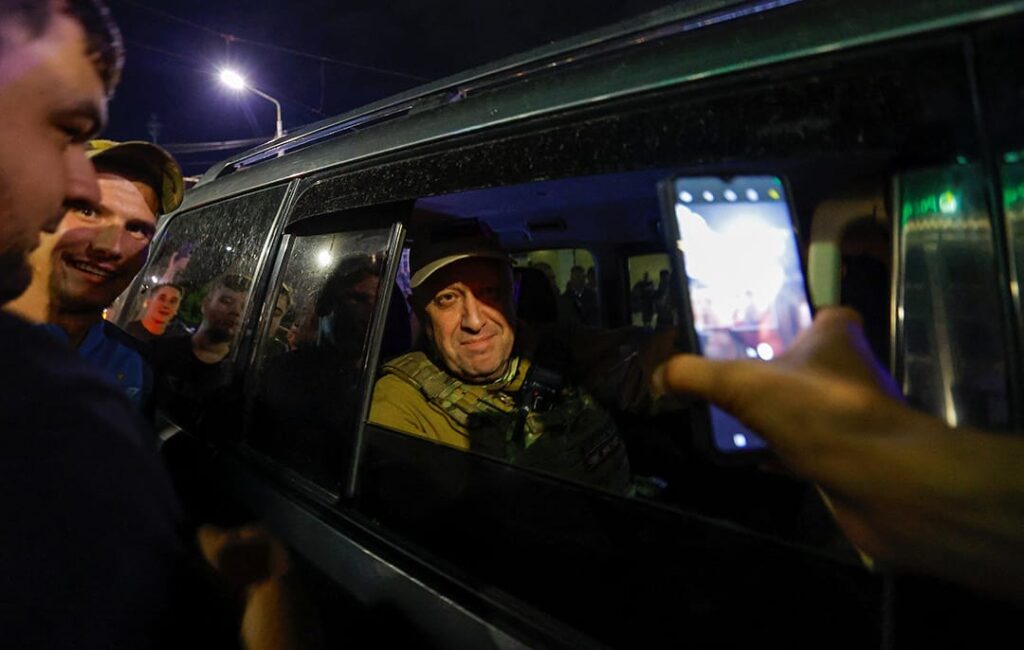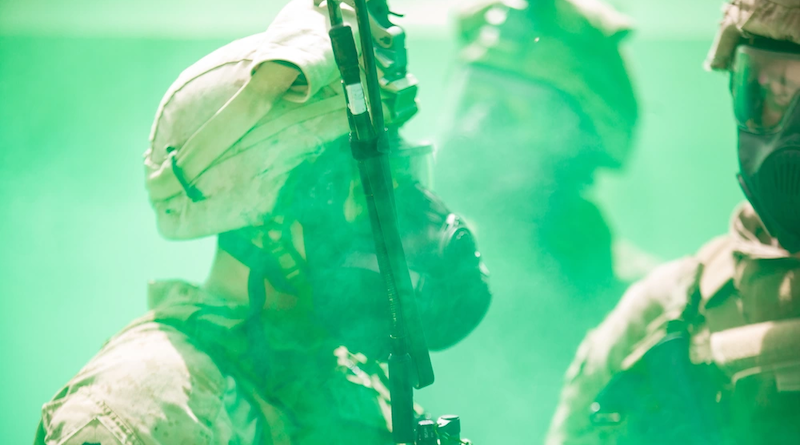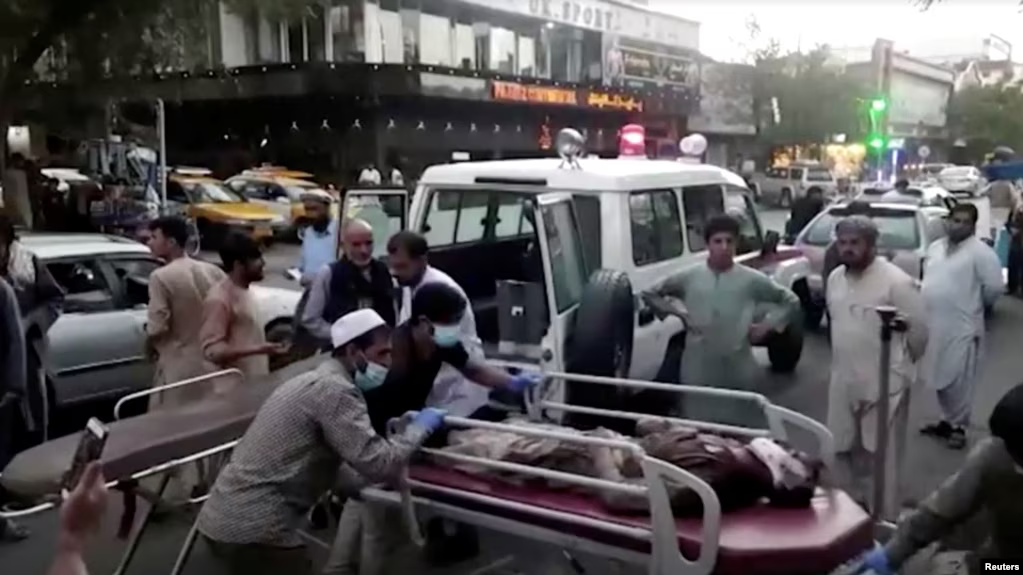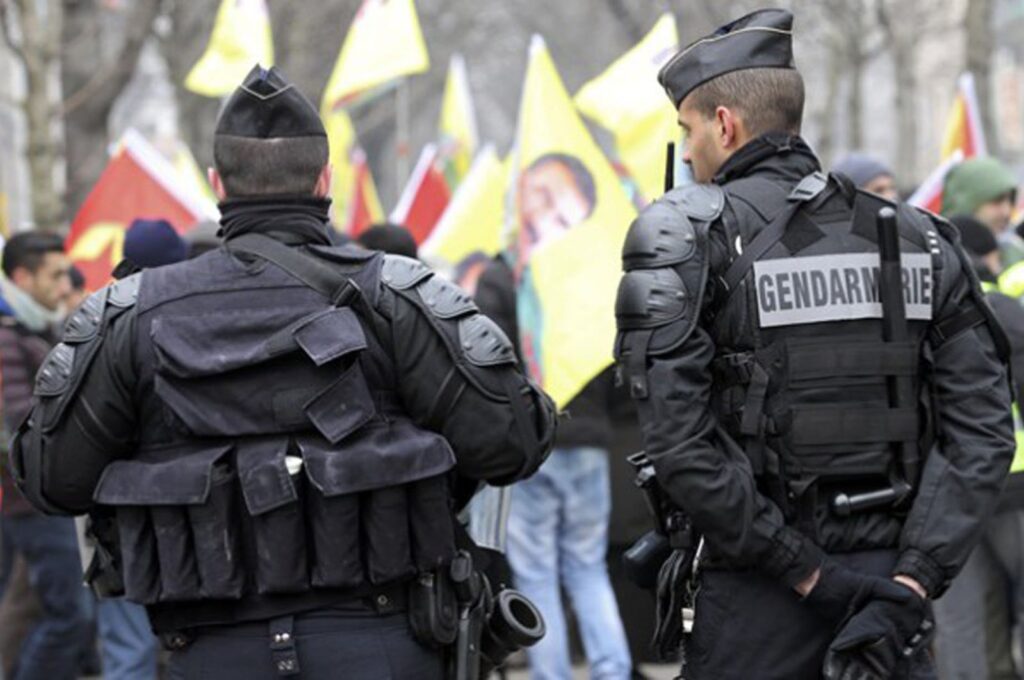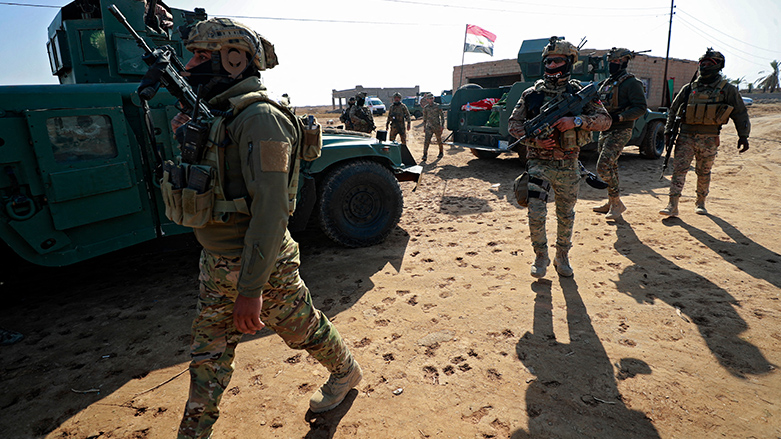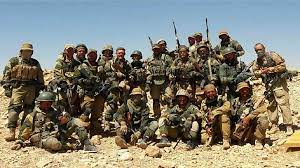The Defense Post pointe l’expansion de l’influence iranienne en Afrique
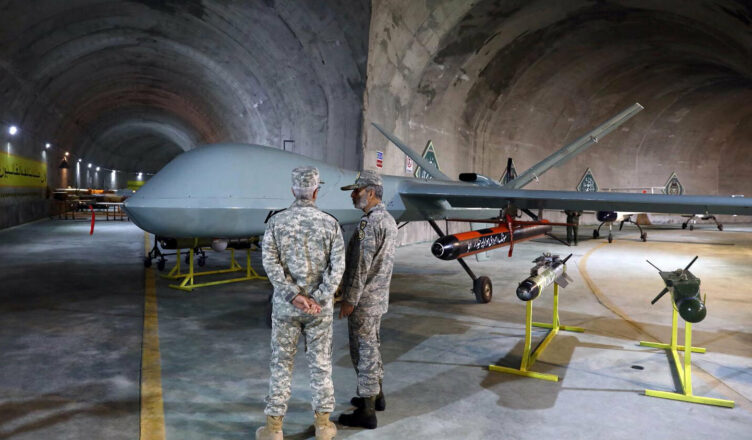
Pendant des décennies, la République islamique d’Iran s’est engagée dans des confrontations asymétriques avec des rivaux régionaux au Moyen-Orient, étendant son influence en soutenant des groupes terroristes tels le Hezbollah libanais et les Houtis avec du matériel militaire et de l’entraînement.



